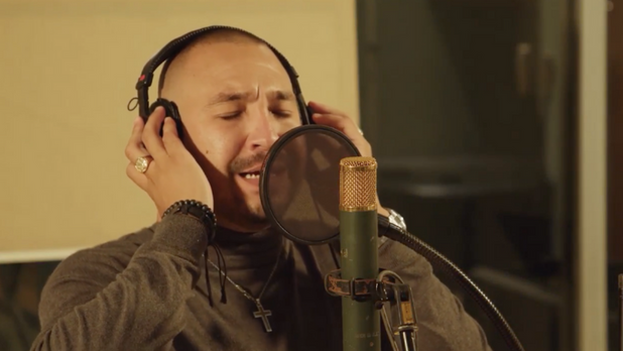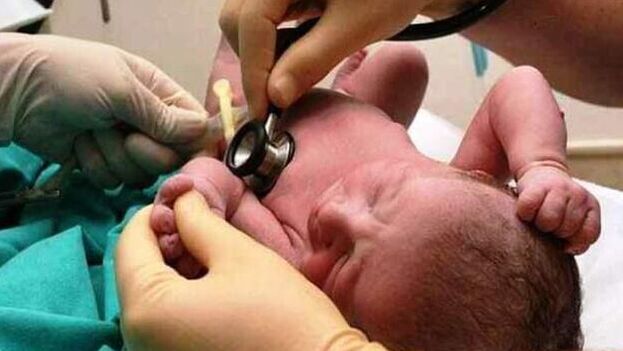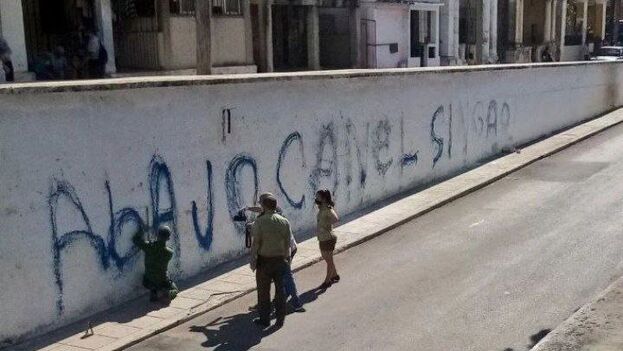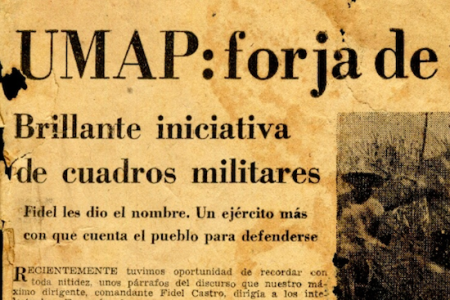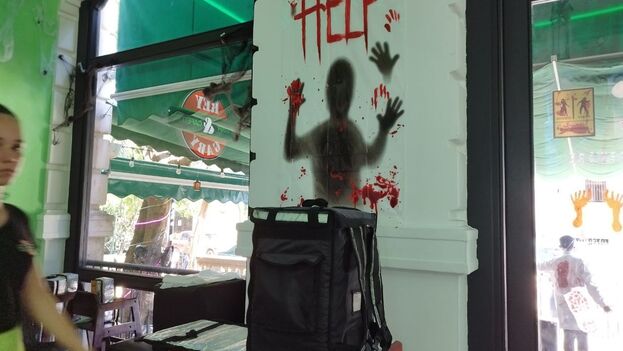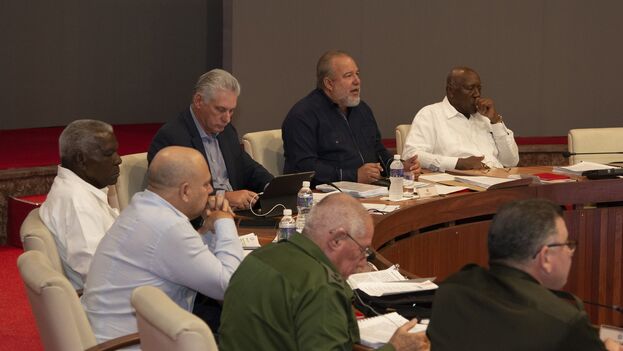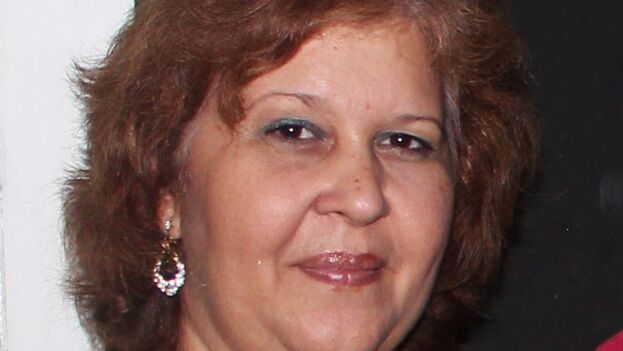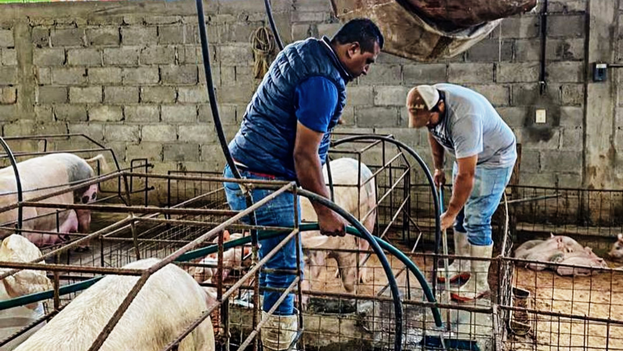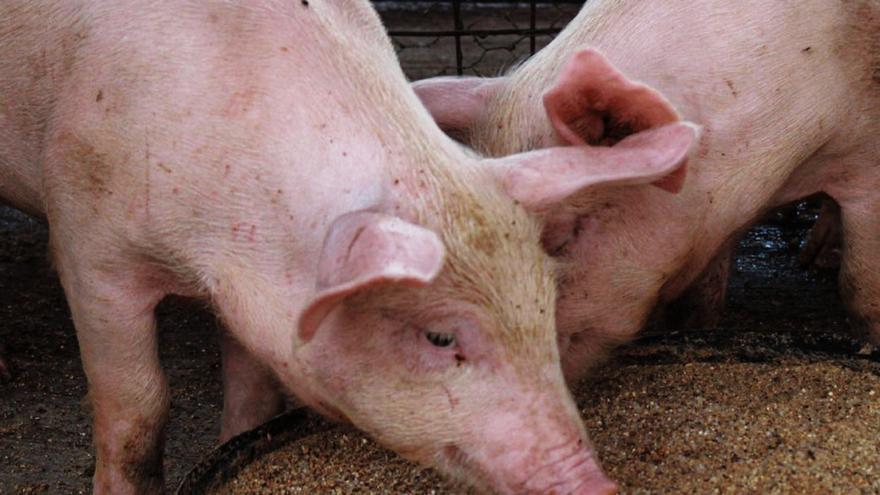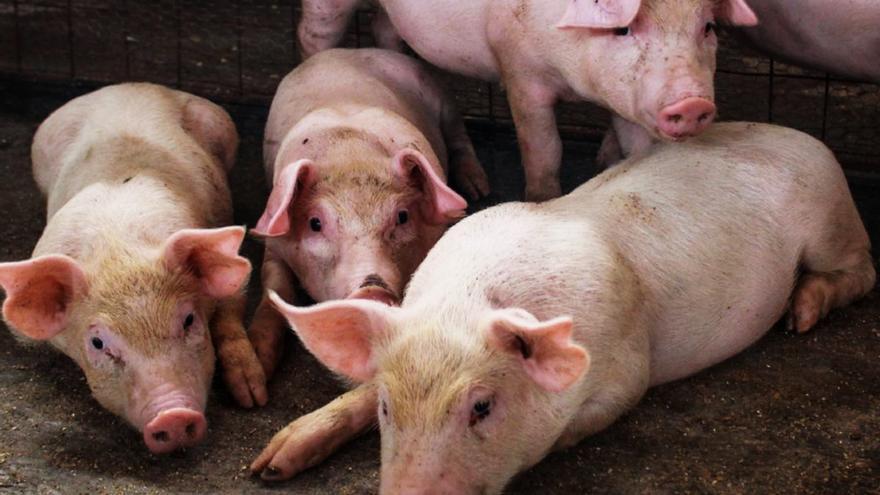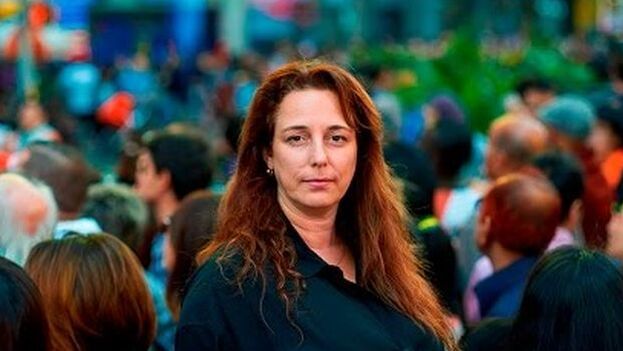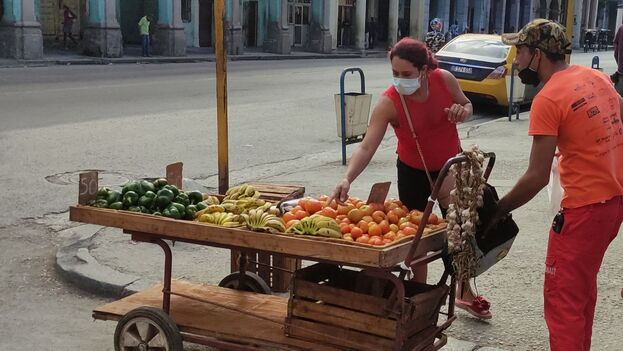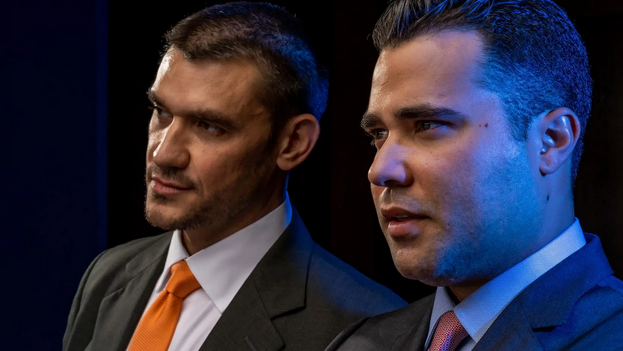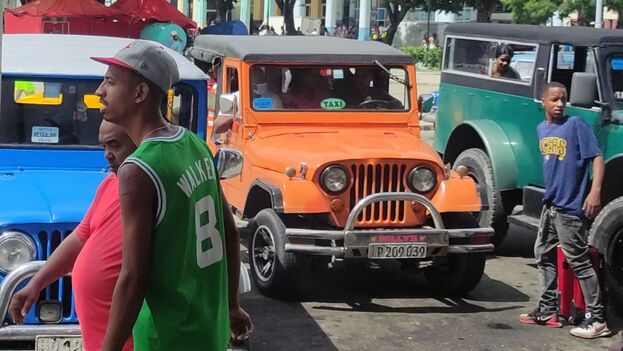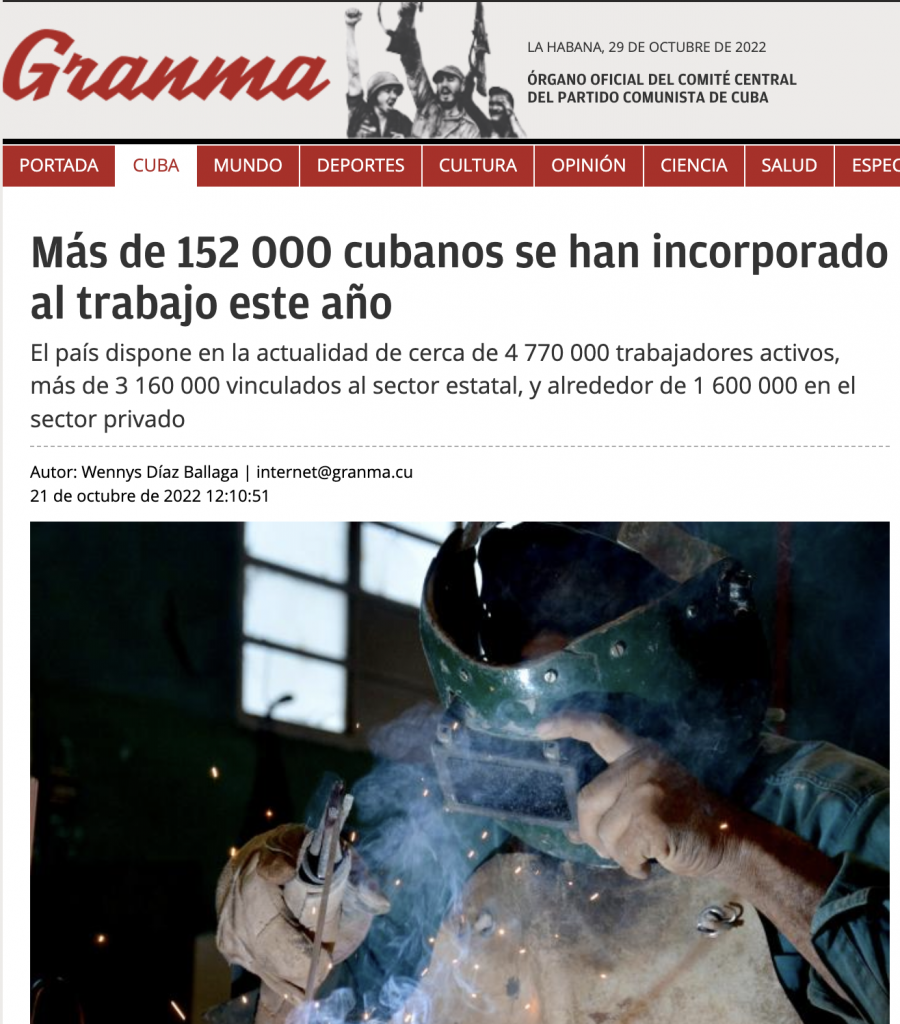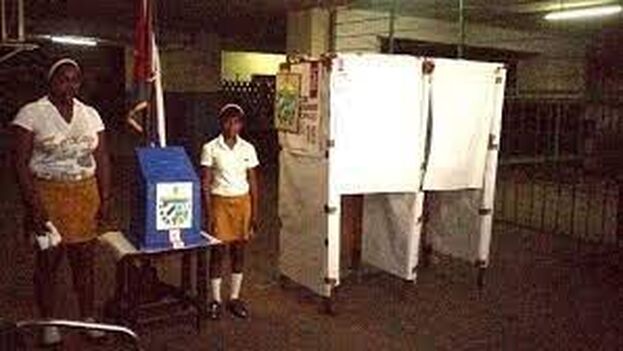There are very few countries in the world that allow this practice, which is also called surrogate gestation, surrogacy, or – by its detractors – wombs for rent, consisting in one or two people (from a different or same sex), who want to become parents agree with a woman for her to be the baby’s surrogate. For this reason, some of these nations are the destination of all those who want to be parents who otherwise cannot (infertile heterosexual couples and homosexual men couples, mainly).
The list includes several US states (California, Illinois and Utah), Canada, Portugal, Greece, Russia, Ukraine, Georgia, India, Nepal, Thailand, two Mexican states (Tabasco and Sinaloa) and, since The Family Code entered in force, Cuba.
The ethical and legal debate is intense. For some, it supposes the commercialization of the woman’s body (such as, for example, prostitution); for others, it is the woman’s prerogative to do what she wants with her body, as long as it is consensual. continue reading
Two things are clear. First, gestation by substitution would not exist without the development of assisted reproduction techniques, which allow an egg to be fertilized in vitro and implanted in any uterus, so that whoever gives birth is no longer necessarily a biological mother. And second, that if it is allowed, it must be protected by very clear legislation (the law, specifically, must recognize the affiliation of the baby with the biological parents, not with the surrogate mother).
Given the lack of transparency of the laws, there has been no shortage of cases of fraud against couples and, even worse, of abuse of gestational surrogates or the neglect of newborns
Thailand and Tabasco, for example, took advantage of legal loopholes for years – and many women’s extreme poverty situation – so that a myriad of intermediary agencies and an entire business serving foreigners proliferated, among other things, they paid less than in places where the regulation was very clear, such as California or Canada.
Given the lack of transparency of the laws, there has been no shortage of cases of fraud against couples and, even worse, abuse of gestational surrogates or neglect of newborns, and the scandals brought about changes. Thus, in Thailand and Tabasco, as in Sinaloa and India, today, surrogacy is not allowed for foreigners.
This is not the case in Cuba, where the recent Family Code does not mention possible restrictions based on nationality. Is this a new call for tourism, which has not raised its head since the Covid pandemic began, based on the vaunted fame of medical power?
In principle, this could not be the case, from the very name: gestation is considered “solidarity” because, as stated in the rule in its article 130, “any type of remuneration, gift or other benefit is prohibited, except for the legal obligation to give food in favor of the conceived and the compensation of the expenses that are generated by the pregnancy and childbirth.”
However, no limits are set for those “expenses generated by pregnancy and childbirth” and, on the other hand, foreigners in Cuba know that free healthcare – unlike capitalist countries like the United Kingdom or Spain – does not does not cover the expenses in any way and that, on the contrary, the prices of services in hospitals in Cuba are prohibitive.
Foreigners in Cuba know that free healthcare does not cover expenses in any way and that, on the contrary, the prices of services in hospitals in Cuba are prohibitive
For now, in any case, the Family Code is attracting the attention of the main experts on the subject.
The Argentine María Mercedes Albornoz, a specialist in Private International Law and a professor at the Center for Economic Research and Teaching (CIDE) in Mexico, published a recently approved post of the regulation in which she analyzed this “innovative” aspect of the new Code, to which she concedes that “the recognition that there is not a single family model but a plurality of family structures accepted by the legislation constitutes a milestone in Cuban family law.”
However, she predicts that “it will still be necessary to modify other laws or enact new regulations in specific areas in order to be in a position to put the innovations of the Family Code into practice” and that “the greatest challenge” of the regulation will be “that of implementation.”
Albornoz, who has spent years studying the legal details involved in surrogacy and the problems it has raised in the international arena, since there is no worldwide unanimity in the criterion of filiation, observes that, in the Cuban Family Code “some issues either have are not yet made sufficiently clear or they give rise to doubts of interpretation”.
To begin with, she highlights that “it has been decided not to provide a definition of joint gestation, which may generate doubts about its legal nature and the formal validity requirements of the agreement.”
Similarly, she draws attention to “the silence on the maximum age and the country of domicile or habitual residence and the nationality of the person who wishes to be a mother or father through solidarity gestation.”
“It has been decided not to provide a definition of joint gestation, which may generate doubts about its legal nature and the formal validity requirements of the agreement”
This, she predicts, “would open the doors to reproductive tourism in Cuba for relatives or people who have emotional closeness with residents in Cuba, with the characteristic that pregnant women will not be able to receive financial compensation for the pregnancy.”
It is also striking for Albornoz, with respect to the surrogate mother, that the age requirement is to be 25 years old, but a maximum limit is not established beyond indicating “being of an age that allows ‘successfully carrying the pregnancy to term’ (article 132, d),” nor is the surrogate required to have gestated at least once before (which would be an indication that her body is suitable for the procedure).
Here, Albornoz detects confusion in the Code: “It is required that the future pregnant woman does not provide her ovum (article 132, f). Regarding this point, there seems to be a contradiction with what is established about multi parenthood in article 57, 1, a, which would allow the surrogate mother a choice to provide her egg or not to do so.”
On the doubts raised by the norm, she insists, throwing the question out there (taking into account the Cuban reality, almost rhetorically): “How will affective closeness be proven? How much friendship length, prior to solidarity gestation, is required? Though access to health care is free for those residing in Cuba, would the Cuban State collect medical expenses in cross-border cases? Would it obtain economic benefits? If so, how would it avoid discriminating against those residing in Cuba versus against those residing abroad? Would Cubans residing abroad have free access in Cuba to the medical services necessary to fulfill a solidarity gestation agreement?
Perhaps the Tourism and Welfare Fair, which was held in Havana this week, provided some answers, although until now it has not transpired in the official media if there was talk of including reproduction techniques within Cuba’s “offer” for foreigners, or at what prices.
____________
COLLABORATE WITH OUR WORK: The 14ymedio team is committed to practicing serious journalism that reflects Cuba’s reality in all its depth. Thank you for joining us on this long journey. We invite you to continue supporting us by becoming a member of 14ymedio now. Together we can continue transforming journalism in Cuba.
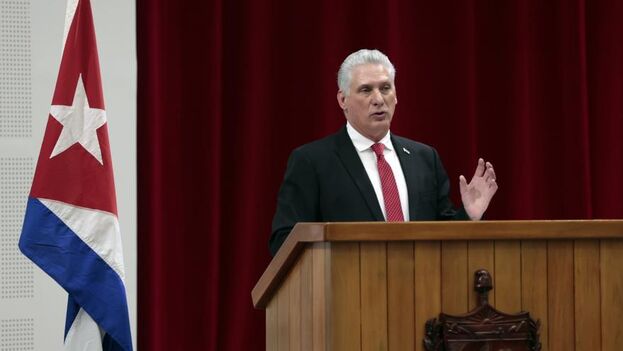
![]() EFE/14ymedio, Havana, 27 October 2022 — Cuban president Miguel Díaz-Canel said on Wednesday that his government is open to dialogue with the United States but only on a basis of equality and with respect for the island’s “sovereignty” and “integrity.”
EFE/14ymedio, Havana, 27 October 2022 — Cuban president Miguel Díaz-Canel said on Wednesday that his government is open to dialogue with the United States but only on a basis of equality and with respect for the island’s “sovereignty” and “integrity.”
